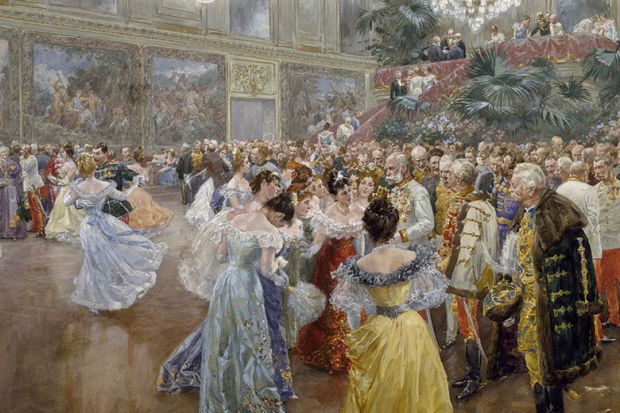As a young adult, my principal activities were the learning and teaching of political philosophy. The subject had been prominently declared “dead” but was able to continue in the forms of biography and autopsy. Then came John Rawls’ A Theory of Justice (1971). I abandoned the subject, but it revived as a kind of Rawlsian theology.
Jeffrey Green’s book is located securely within this genre. The first two footnotes in the text proper refer to Rawls and Jürgen Habermas and define contemporary political theory as concerned primarily with the ideal of “a free and equal society”. (The phrase is from Rawls, but it is virtually identical to one used by Habermas.) Immediately, I must confess, my lip curls and I assume the book will be an exercise in squaring circles and avoiding issues. Free and equal? As an individual, you need a private income to be meaningfully free, and collectively the freedom that allows excellence seems to thrive best under feudal power: think of Vienna 1900 and compare it with the squalid little republics that replaced Habsburg rule. Green freely concedes that private property and family are the chief obstacles to equality, but many would argue that they are also the necessary conditions of liberty.
To deal with this, we have plebeianism, a concept that arises out of Green’s reflections on the late Roman Republic. In both that society and ours, the majority class have only a small share of wealth and power. But “with plebeianism the differentiation between the Few and the Many is meant to problematize, regulate and contest – and not merely instantiate – the superior power of the superrich”. This obviously distinguishes plebeianism from socialism, and one of its clearest prescriptions is greater regulation of the very rich. (I admit to being tempted by greater regulation for the Trumps and Mike Ashley, but would rather leave Bill Gates and the Duke of Northumberland to get on with it.)
The plebeian life thus prescribed is one of expressing resentments and demanding regulations. That doesn’t sound much fun, but Green has the sense (and the scholarship) to complement it with a modernised form of Epicureanism in his final chapter. This is not, obviously, as anti-political as the classical version, but it does insist on the propriety of a private sphere of life. We must learn “to care and not care” (the phrase is T. S. Eliot’s) and cultivate for ourselves a world of friends, gardens (literal and metaphorical) and, bless the author, drink. The argument is a necessary addition, but also stands alone.
However, I do find it extremely irritating to see how this intellectual tradition treats the concept of justice/fairness. To return to Rome, the legal definition of justice was suum cuique, to each his desert. But we can determine what we deserve in myriad contradictory ways, basing it on theories of reward, of equality or of natural rights – or, of course, we could base claims, as we normally do, on the particular conventions and obligations formed in a given context. Thus justice is a concept that works well enough within well-defined systems of rules, but social justice only denotes an area of essential and irresoluble contest. It is jolly unfair that some people have much more money than others, but it is also jolly unfair – and in a much more common sense – to take people’s money off them if they have acquired it within existing rules. The intellectual tradition that this book embraces assumes that there are knowable and universal forms of justice derived from abstractions. Which is why I call it Rawlsian theology rather than philosophy.
Lincoln Allison is emeritus reader in politics at the University of Warwick and the author of books on political theory, sport, travel and the environment.
The Shadow of Unfairness: A Plebeian Theory of Liberal Democracy
By Jeffrey Edward Green
Oxford University Press, 270pp, £19.99
ISBN 9780190944605
28 February 2019
Register to continue
Why register?
- Registration is free and only takes a moment
- Once registered, you can read 3 articles a month
- Sign up for our newsletter
Subscribe
Or subscribe for unlimited access to:
- Unlimited access to news, views, insights & reviews
- Digital editions
- Digital access to THE’s university and college rankings analysis
Already registered or a current subscriber?








